

Book reviews. Every author simultaneously loves them and loathes them. Today’s post, I hope, not only serves as a guide for my fellow authors, but for the book lovers out there as well. Even if you are the kind of person who only reads a book now and again, my goal here is to show how small actions make a critical difference.
Believe it or not, book reviews are not just for our author egos. Book reviews are not a matter of vanity, rather of survival in an absurdly overcrowded marketplace.
Before the digital age, there was what one called an “editorial calendar.” Traditional publishing houses only released so many books per year. It was not at all unusual to sign a book deal and have a release date a year or even two years out.
This served a critical purpose.
It prevented flooding the market with too many options, particularly variations on the same theme. For instance, when authors pitched a Vampire Romance, agents or publishers might have rejected them immediately. NOT because the book was poorly written, rather the publisher already had slated the maximum amount of similar books.
Thus, the rejection served to assist the writer (and by proxy the publisher). Too many versions of the same idea and it watered down attention for all. The odds of a truly stand alone story diminished greatly.
***Remember when Hollywood released like three different Houdini/magician movies the same year?
Book Reviews and Readers
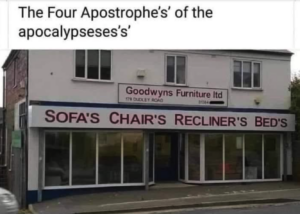

If you are a reader, no matter HOW you read a book, try to leave a review of some sort. It doesn’t matter if you checked it out from a library, borrowed from a friend, or “stole” it from the Urgent Care waiting room while they held you hostage.
Go to Amazon, ideally. Whether anyone likes it or not that is where most REGULAR PEOPLE look for books/book reviews and try to leave a review.
Yes, feel free to leave a book review at Goodreads. But I will say that, as I have mentioned far too many times before, regular people (*code for readers) have no idea what Goodreads even is. AVID readers do. Readers who are also writers or who aspire to be authors do.
Normal folk? Not so much.
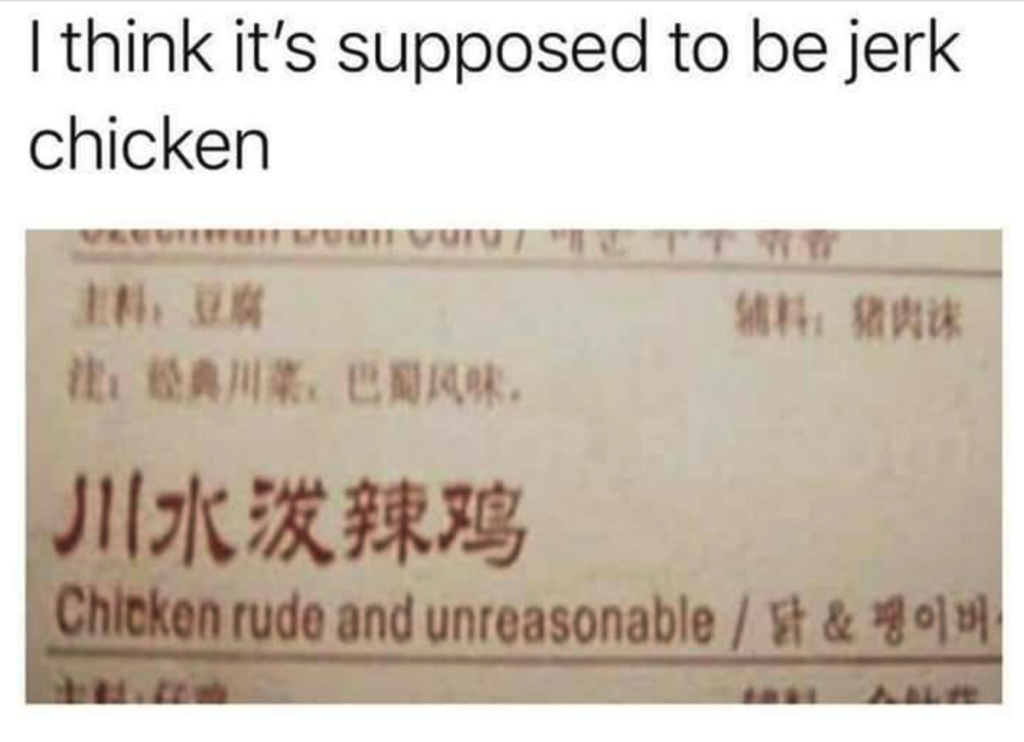

***And a lot of authors steer clear of Goodreads. WHY? Unless things have drastically changed—which maybe they have—Goodreads once allowed trolls far too much freedom to abuse writers.
REMEMBER, 94% of the literate population—if they had to list their top ten or even twenty favorite things to do in their free time—would NOT list reading anywhere in there. In modern society, books are competing against Instagram, TikTok, podcasts, games, Pinterest, yoga, vlogs, YouTube, kitten pictures, and LIFE.
I “get” Amazon might be a pain because you didn’t buy the book there. This was a move to reduce “sock puppets” (fake accounts leaving fake reviews—good and bad).
Yet, since this section is geared toward talking you, the reader, odds are pretty good you accessed/bought the book on Kindle, Audible or Amazon.
WHY the Book Review Matters
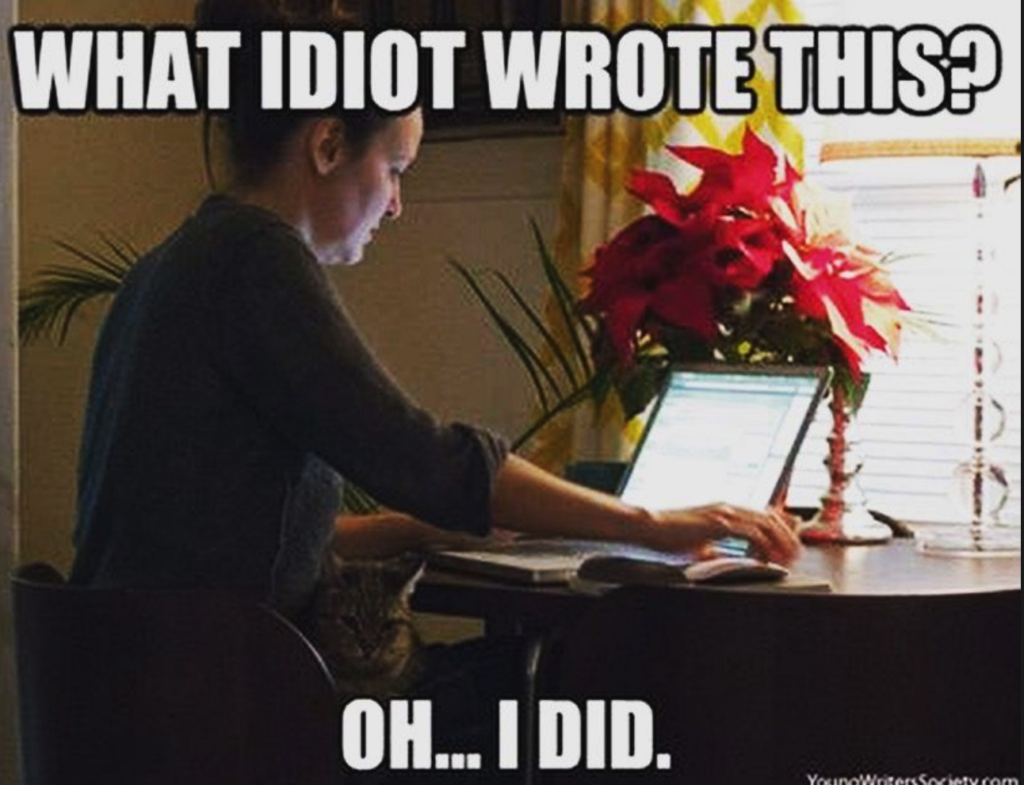

The reason a book review is more critical than ever in publishing history is because writers—real writers—are facing extinction. I don’t mean to overdramatize this, but I’ve always been truthful here.
The digital marketplace adds well over a million titles a year, and this number is only increasing…logarithmically.
Whether these are new titles or finally someone digitized that favorite pulp fantasy series from the 1960s, it is a LOT of books.
This compounds on top of titles that are already digitally shelved (essentially) indefinitely.
Unlike the bookstores of old, titles are not swapped out for the “new releases.”
In the 1980s, Michael Crichton was only competing against similar works released in a certain time frame.
He was NOT competing against every book ever written, on top of a gazillion new authors writing scientific thrillers.
Additionally, rogue entities are always searching for new and improved ways to plagiarize and steal. Several years ago, Amazon caught foreign actors taking old romance novels from the 70s and 80s, changing the titles and covers, and changing just enough of the text to pass programs designed to spot plagiarism.
Now, we have AI.
*curls in corner crying*
Maybe this helps you understand the terrific odds the everyday author—whose name does NOT rhyme with “Stephen King”—is up against.
What that Book Review DOES
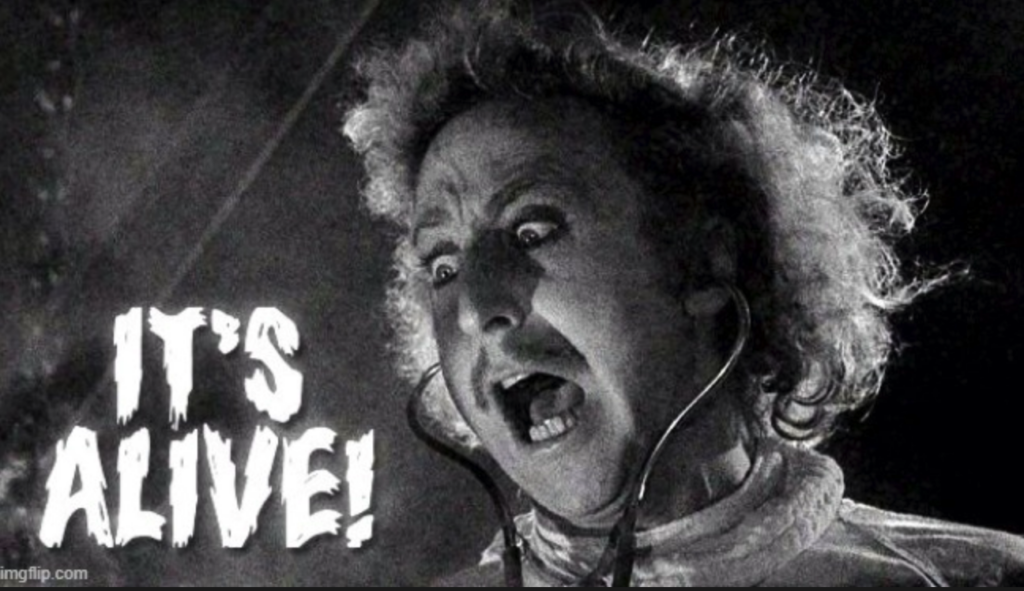

When anyone leaves a review, it demonstrates that title has a pulse. The more reviews, the stronger the pulse. Amazon’s algorithms (or any on-line site’s algorithms) NOTICE that pulse and will then FAVOR that author’s book.
Once our book is favored, this is when potential readers, when looking for their next read, will see, “Those who liked X also liked Y.” This does more than any amount of advertising, which doesn’t work for books anyway (not like other kinds of products).
Why are there ads for toilet paper? Who’s NOT BUYING this?
Here is WHY Traditional Marketing Does Not Sell Books.
Traditional marketing might not sell books to the everyday person (that post explains why), but it CAN sell to the avid reader.
Places like BookBub are a real boon for an author to score, but therein lies the problem. Though not a specific requirement, BookBub is unlikely to select a book with NO REVIEWS and no demonstrable platform to promote.
Thus, it can become like, “We can’t give you a credit card because you have no credit, but you have no credit because no one will give you a credit card.”
When we leave reviews for authors, this eventually allows them access to better tools to sell their books.
The review—and I am saying this carefully—is also priceless feedback. Ideally, a review lets us authors know what we did well, and maybe areas we can improve.
***Though put a pin in this, because we’ll address this in greater detail in a moment.
HOW to Review
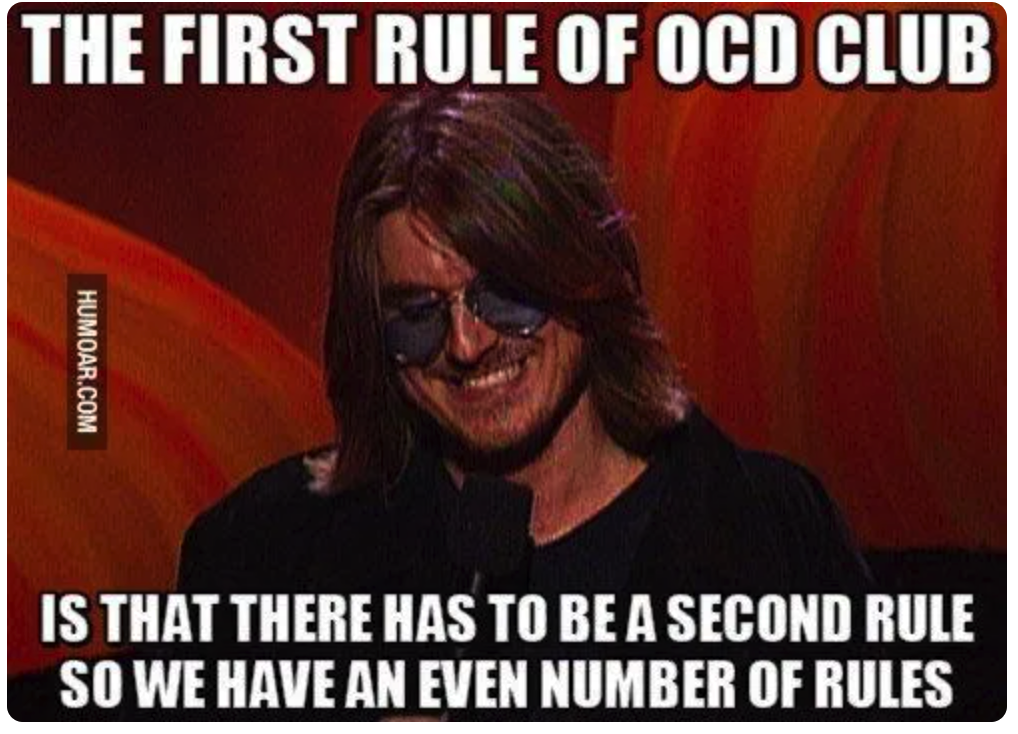

Too many people, including authors, get their heads wrapped around the axle on this. We are masters of over complication.
Breathe.
First of all, reviews do not need to be overly long.
No one is asking for an essay and a point by point dissertation on the story. A sentence or two is FINE.
Secondly, remember there is a living, breathing human being on the other side of that review. Their ONLY “crime” was attempting to entertain us. If they failed? They put in hundreds of hours of work at least trying. Please remember that.
I’ve been a major resource for authors since roughly 2008. No lie here, I’ve had to talk writers out of suicide because of trolls. Several left writing altogether because of vicious reviews (and gaggles of trolls that Goodreads, at the time, refused to rein in).
Brave New Bullying: Goodreads Gangs, Amazon Attacks—What Are Writers to Do?
Which might seem like a writer is being sensitive, but even I have felt compelled to step in on reviews and tell a “reviewer” to knock it the hell off.
It is totally okay to not like a book. It is, however, NOT okay, to be needlessly cruel. While I WILL counsel fellow authors to suck it up and get a thicker skin, I also know it’s impossible to turn off being human.
The sensitive soul who chooses a profession that everyone enjoys and very few appreciate is a person to be cherished.
So they screwed up. Fine.
What did they “screw up”?
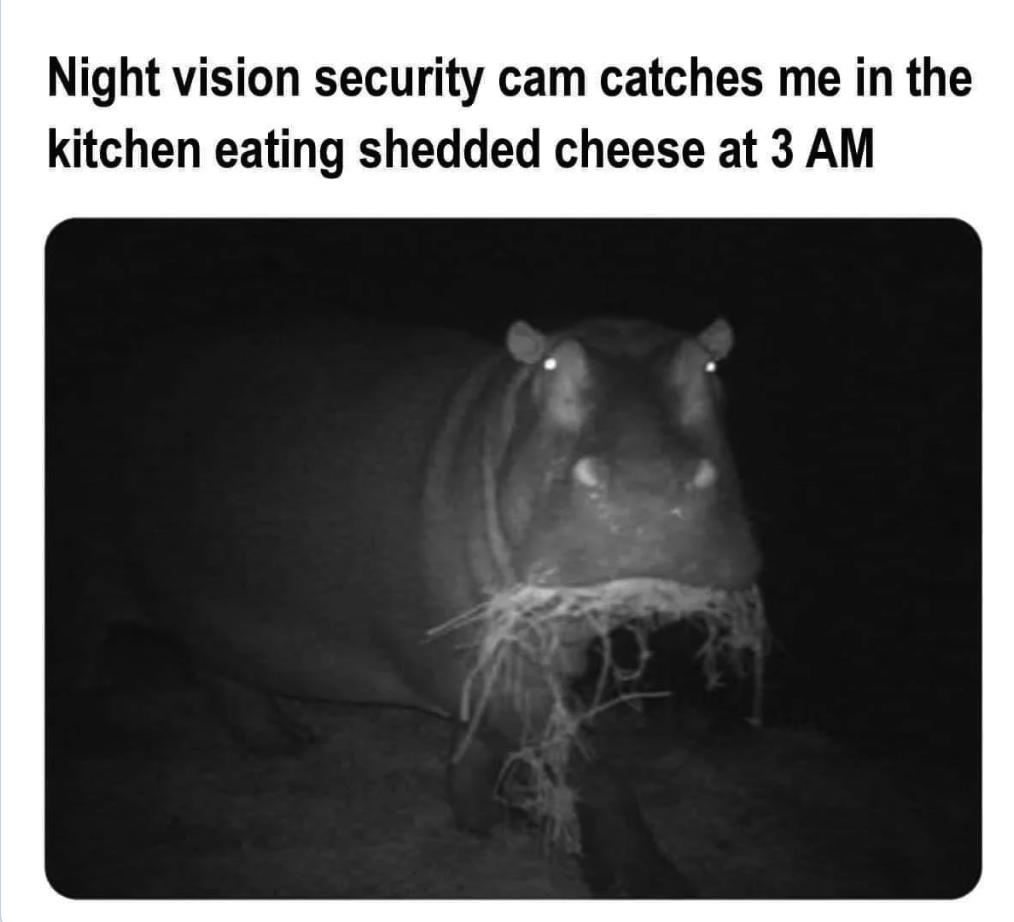

It is perfectly all right to say:
“I couldn’t get into the story.”
“The pacing was too slow.”
“The characters confused me.”
“The story was good but the poor editing a major distraction.”
“I struggled to root for any particular character.”
“The pacing was too fast and I didn’t have time to care.”
“Too many subplots. Felt I was in the weeds.”
“Took too long to get to the point.”
“Lack of setting confused me.”
“Fight scenes went far too long. Wore me out.”
“The world-building confused me.”
“Author didn’t follow her own rules for magic.”
“I’m sure it was a good story, but needs a different narrator (for audio).”
These are practical points of why any person might struggle with a story. Comments like these help the writer improve.
What KIND of Book IS IT?


Also, remember to rate a book accordingly. For instance, when I wrote The Devil’s Dance, I did not set out to win a Pulitzer. Readers who LOVED Viet Thanh Nguyen’s The Sympathizer, were NOT and ARE NOT my audience.
I was looking for the reader who liked the humor of a Janet Evanovich mixed with the grittiness of a Dennis LeHane (because humor offset me exposing the reality of life in Texas and the brutality of the cartels). My GOAL was to write a book people inhaled on a flight or a weekend by the pool.
Thus, when reviewing the book, what KIND of book is it?
Then rate accordingly.
If I read a novel that is pretty much designed to be brain candy? I judge it as brain candy.
“How well did the author succeed at helping me forget the world is going to hell in a hand basket?”
Maybe they had anachronisms. That punch bowl didn’t come out until 1863, and wasn’t around in 1859, you MORON. Any idiot with GOOGLE would know THAT.
OKAY. That’s really the hill to DIE kill an author on?
Send the author a polite note in an email if you must. A lot of us appreciate when someone kindly points out we have our digital fly down. We live in a time where we can usually FIX those issues.
Why I Rarely Write Detailed Book Reviews
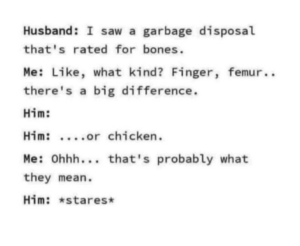

Before you think I am a hypocrite, let me explain. I always leave some kind of book review if I managed to FINISH. Even if it is just stars and a sentence or two. I generally prefer to write reviews for NF (non-fiction) since it is far less subjective.
As an editor for over 20 years, I think it’s unfair for me to do a thorough book review because I see things mere readers do not. It would be unkind to ruin the “magic” for those looking to reviews to BUY.
I am David Copperfield watching Chris Angel. As a fellow illusionist, I know the tricks of the trade, the trap doors, smoke machines, and misdirection. It’s therefore, uncool for me to spoil it for readers and to hold the author to an impossible standard.
Me pointing out all the word echoes, the lack of continuity, every plot hole, etc. would be ME showing off, and of no help to the author or potential readers.
Yes, I have read books I wanted to throw across the room. But, if most people liked it? I—as a professional showing professional courtesy—leave it be. Just say nothing and leave it alone.
Clearly, others enjoyed it.
I get that some authors out there might be railing at the heavens that readers won’t know if a book is good or bad. Yes, that is a risk. But I also appreciate the ridiculous odds most of us face even getting a book finished and in print.
Cutting the legs off of colleagues is not my thing.
Readers who are NOT writers? Feel free to leave a couple stars then something actionable about why the story vexed you. Or, conversely, why you LIKED IT! Even if it’s just a simple, “Great story. Had a good time. Helped me chill out for an afternoon.”
Boom! Done!
A Note to Authors
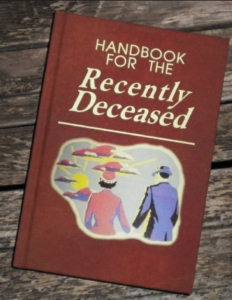

I genuinely hope you can share this post with family, friends and those you “know” on social media. Too many people just genuinely do NOT understand WHY reviews—yes, even “bad” ones *weeps*—are important.
Avid readers can be the worst. We inhale books faster than metal bands rip through lines of cocaine.
We’re the anomaly.
We don’t understand why one wouldn’t sell plasma to buy the rest of that fantasy sci-fi series before the next payday. Yet, as much as we LOVE books, we can be the world’s worst at leaving a review.
Stop that.
If we want reviews, we need to give them (as in a “book karma” way). Figure out how, when possible, to be honest, helpful and kind.
We must also respect that there is no automatic quid pro quo. I gave your book five stars, so can you do that for mine? Uncool. I’ve lost people I believed were friends over this.
Sometimes, it’s simply I don’t read that genre.
I “get” that not everyone likes Tales from the Crypt Twilight Zone-style horror/ghost stories. Though I recently posted my new anthology, What the Hell Did I Just Read? I completely appreciate not everyone LIKES that genre.
I’m not going to emotionally blackmail friends, followers and family into saying they like something they don’t.
WORD OF CAUTION on Book Reviews


Getting family or fellow authors to review can be highly RISKY because of abuse in the past. Amazon specifically, frowns on this and can overreact. We chance hitting a hornet’s nest so weight that carefully. Sometimes, Amazon doesn’t blink. Other times? They’re on a book review like SkyNet on a body heat signature.
Most of y’all here? We should be enough degrees of separation to be fine. So yes, your platform is valuable.
The main reason I am saying anything is because if we are reading, it doesn’t automatically mean we are buddies. I read plenty of indie authors I have yet to meet.
I’m rereading The Perfect Storm by Sebastian Junger. I read it when it exploded back in the 90s. It is an absolutely breathtaking book, but I did NOT like the movie (but that was because I should have seen the movie FIRST and then read the book).
Not the author’s fault.
It would be AMAZING if Sebastian and I were BFFs, but we sadly are not….
yet.
Yo, Sebastian! A restraining order is a bit much, right? Love the new blinds, though.
Additionally—and I am saying this with LOVE—some writers publish too soon. I like the new publishing paradigm for a number of reasons.
***Like being able to publish short stories (refer to above).
All this said, expecting a quid pro quo is patently unfair. There are a lot of writers who rush to publish before they’re ready.
I know it is trendy to say NYC and gatekeepers suck *hair flip*, but sometimes they actually save writers from themselves. Every day, I THANK GOD agents turned down my 187,000 word mystery-thriller-suspense-romance-comedy-action-horror-self-help when I was too stupid new to know I was stupid new.
Yes, I am being hyperbolic…but not really.
Book Reviews: Every Little Bit Matters


Whether you are an author who wants a career or you’re a reader who wants more good books, every little bit makes a difference. If we fail to take time to review books we enjoyed (even if it was we enjoyed them enough to finish), then we leave that book to die a lonely death.
What eventually will happen is the writer will become discouraged and give up writing. Then, when all we have are a bunch of poorly written AI-enhanced garbage books, we will have only ourselves to blame.
WE have to inform the market. If we fail to inform the market, then the market can only guess what we “want.” This is where we can tip into things I don’t really want to discuss at this time (like buying reviews).
Do we really want a world where the alleged “cream of the crop” bought their way there? Or do we want them to authentically earn their spot?
The WSJ just suspended their best-seller list and USA Today has also struggled for the past couple of years to keep their list alive. In my opinion—and that is all this is—it is largely due to a dearth of authentic reviews while also struggling to police honesty in the system.
I am not shouting down any authors. I’ve worked in CyberSecurity and there’s so much nonsense coming out of countries most people couldn’t find on a MAP. New world with new challenges.
BUT, together, we can help each other out.
What Are Your Thoughts on Book Reviews?
Are you an enthusiastic reviewer? Any tips to keep from getting in the weeds? OR have you been remiss on leaving a book review? Were you “Today-Years-Old” when you realized just how much your book review matters?
It’s all good.
Look at your Kindle, your Audible list, or that stack on your shelf and take a couple titles at a time and give them a shout-out! Even if it is three stars and you tell them you “loved the world-building but the pace was too slow.” You aren’t being mean and that will actually help the bots sense LIFE. Enough reviews and a book could take off.
That is at least ONE awesome thing about the digital age of publishing. A book listed eight years ago very well could take off as a best-seller with the right push.
Are there some tips, tricks, advice you’d like to add? Because “normal people” code for NOT WRITERS do not understand all this. WE need to explain the best ways they can support us.
